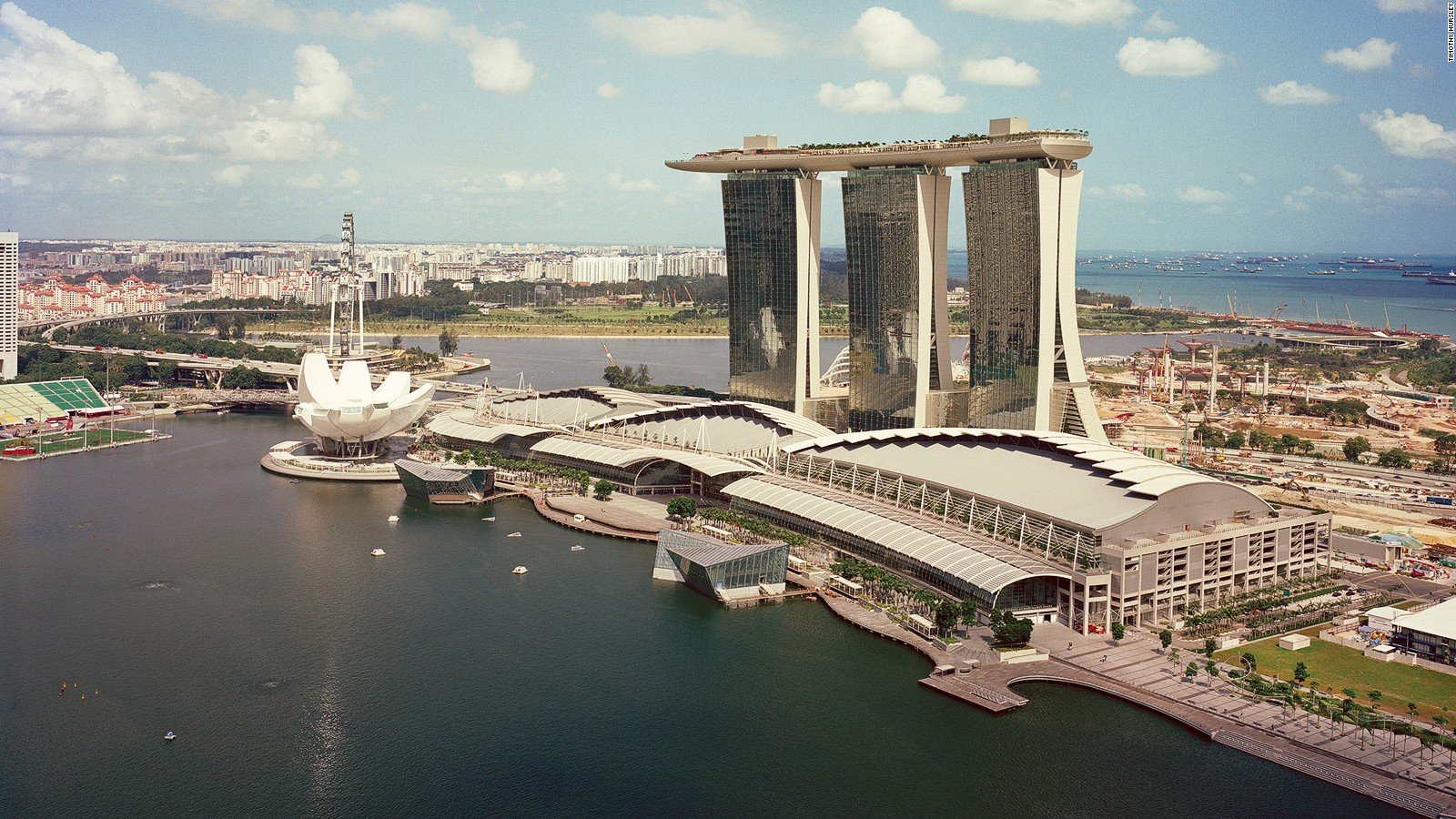Posted on: March 28, 2022, 10:33h.
Last updated on: March 28, 2022, 01:13h.
In historical terms, the bear market in stocks caused by the coronavirus pandemic in early 2020 was brief. But the ensuing rebound didn’t lift all members of the S&P 500. Las Vegas Sands (NYSE:LVS) is among the laggards.

The largest casino operator by market capitalization is among eight members of the benchmark domestic equity gauge that are lower two years after the COVID-19 lows. As of March 27, Sands stock was lower by 8.56% since the end of the coronavirus bear market. It’s off 35.74% over the past year, but it’s higher by 4.14% year-to-date.
Six other members of the S&P 500 sport worse post-pandemic low showings than LVS, including some pharmaceutical names previously seen as potential plays on the global health crisis and debt-riddled AT&T (NYSE:T).
In the list constructed by Barron’s, arguably the biggest surprise is Clorox (NYSE:CLX). The consumer products giant rallied in the early days of the pandemic, as consumers stocked up on cleaners and disinfectants. But that enthusiasm faded, as the stock is down 28.27% over the past year, and off nearly 22% year-to-date.
Macau Explains Sands Laggard Status
Las Vegas Sands is the only gaming equity on the Barron’s list, and that dubious distinction is explained in a single word: Macau.
Immediately following the March 2020 lows, some of the best-performing domestic equities were gaming stocks, including the likes of Caesars Entertainment (NASDAQ:CZR) and Penn National Gaming (NASDAQ:PENN), among others.
The casino stocks that delivered the best returns following the March 2020 market bottom had one or all of the following traits: Heavy exposure to the Las Vegas Strip, extensive regional casino portfolios, and involvement in iGaming and online sports wagering. None of those traits is relevant in terms of describing Sands.
Rather, five of the operator’s six integrated resorts in Macau — the special administrative region (SAR) that’s being hindered by China’s zero-tolerance stance on COVID-19. Following the recently completed sale of its Las Vegas assets, LVS currently has no exposure to the US.
Hope for LVS
With Macau regulatory risk behind it and the stock inexpensive in the eyes of some analysts, Sands has rebound potential.
Unlike most of the list, Las Vegas Sands (LVS) stock was far from an early-pandemic beneficiary. But shares haven’t recovered. Last year, the firm announced plans to sell its Las Vegas real estate to shift its focus to Asia,” reports Connor Smith for Barron’s.
That shift could include pursuit of another integrated resort in Asia, with speculation intensifying that Sands is talking with Thailand about such a project.
Some analysts argue that owing to its strong balance sheet, Las Vegas Sands should unveil a share buyback program to foster confidence among chastened investors.
